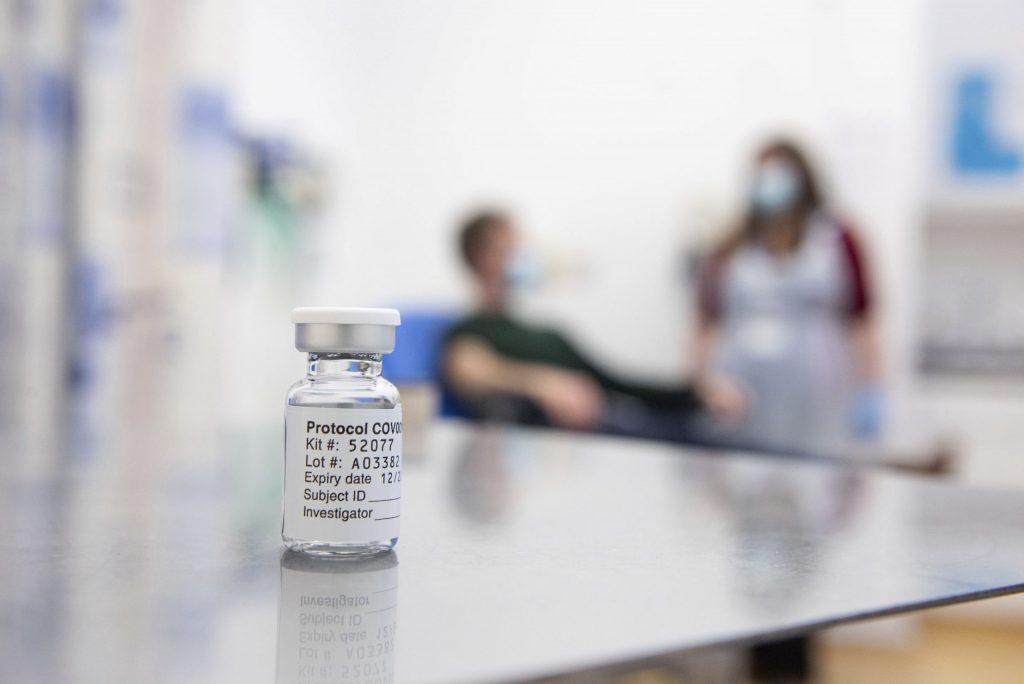Italy blocks AstraZeneca vaccine shipment to Australia as EU still short of jabs
Italy explained the move by saying that Australia is not on a list of 'vulnerable' countries.
Just In
The Italian government has blocked the export of 250,000 doses of locally manufactured Oxford-AstraZeneca vaccine to Australia.
Italy is the first EU country to use the bloc’s new regulations allowing exports to be stopped if the company providing the vaccines has failed to meet its obligations to the EU. Reports indicate the move has been backed by the European Commission.
Australia has said losing one shipment would not badly affect its rollout. It began its vaccination programme last week using the Pfizer/BioNTech vaccine.
AstraZeneca is on track to provide only 40% of the agreed supply to EU member states in the first three months of the year, citing production problems for the shortfall.
In January, then Italian Prime Minister Giuseppe Conte described delays in vaccine supplies by both AstraZeneca and Pfizer as “unacceptable” and accused the companies of violating their contracts.
The EU has been widely criticised for the slow pace of its vaccination programme. Under the EU vaccine scheme, which was established in June last year, the bloc has negotiated the purchase of vaccines on behalf of member states.
Italy explained the move by saying that Australia is not on a list of “vulnerable” countries, that there was a permanent shortage of vaccines in the EU and Italy, and that the number of doses was high compared with the amount given to Italy and to the EU as a whole.
This is the first such ban under a new EU scheme in which manufacturers must request authorisation to export from the country in which the vaccine is produced.
Subscribe to our newsletter
To be updated with all the latest news and analyses daily.
